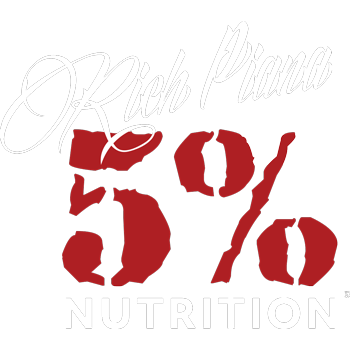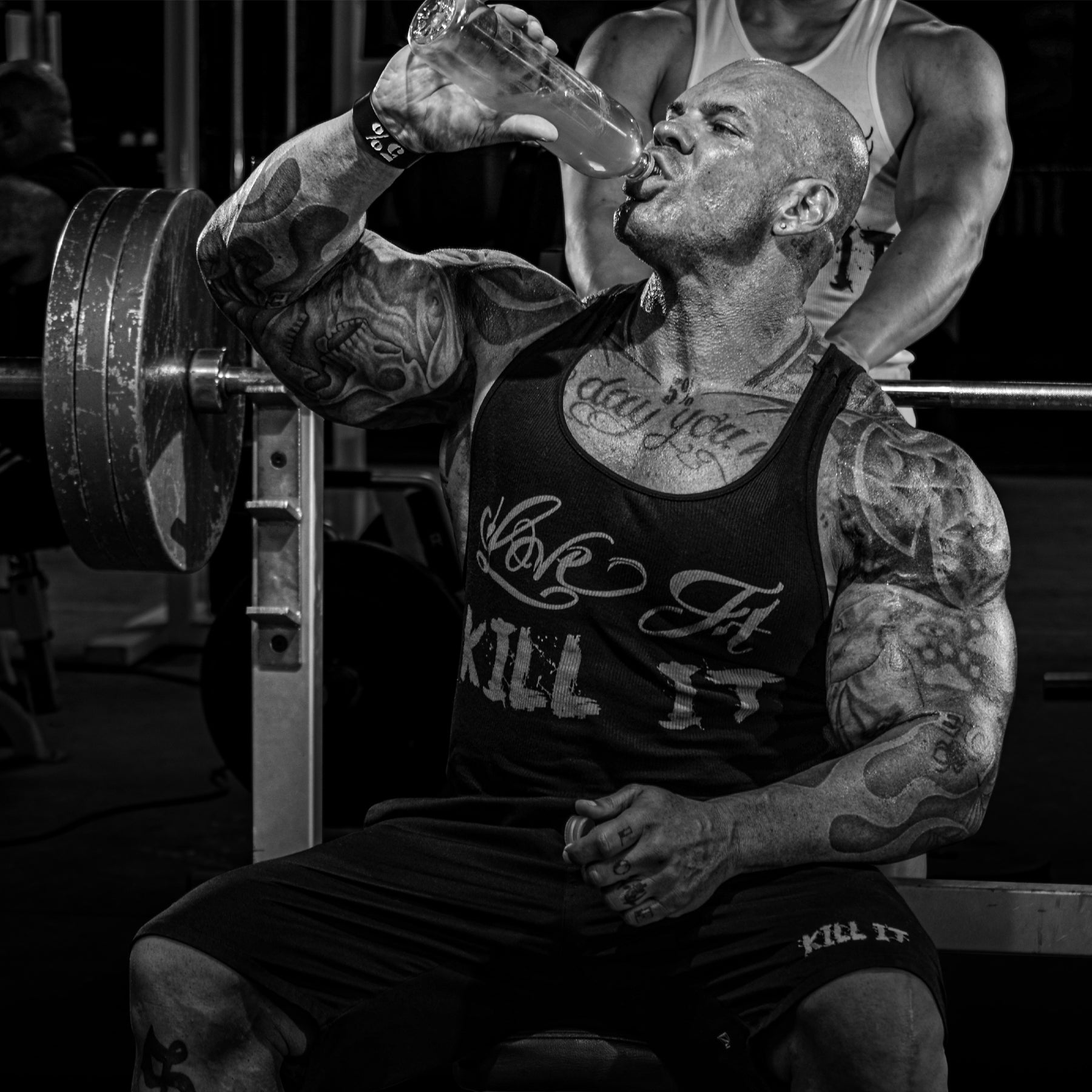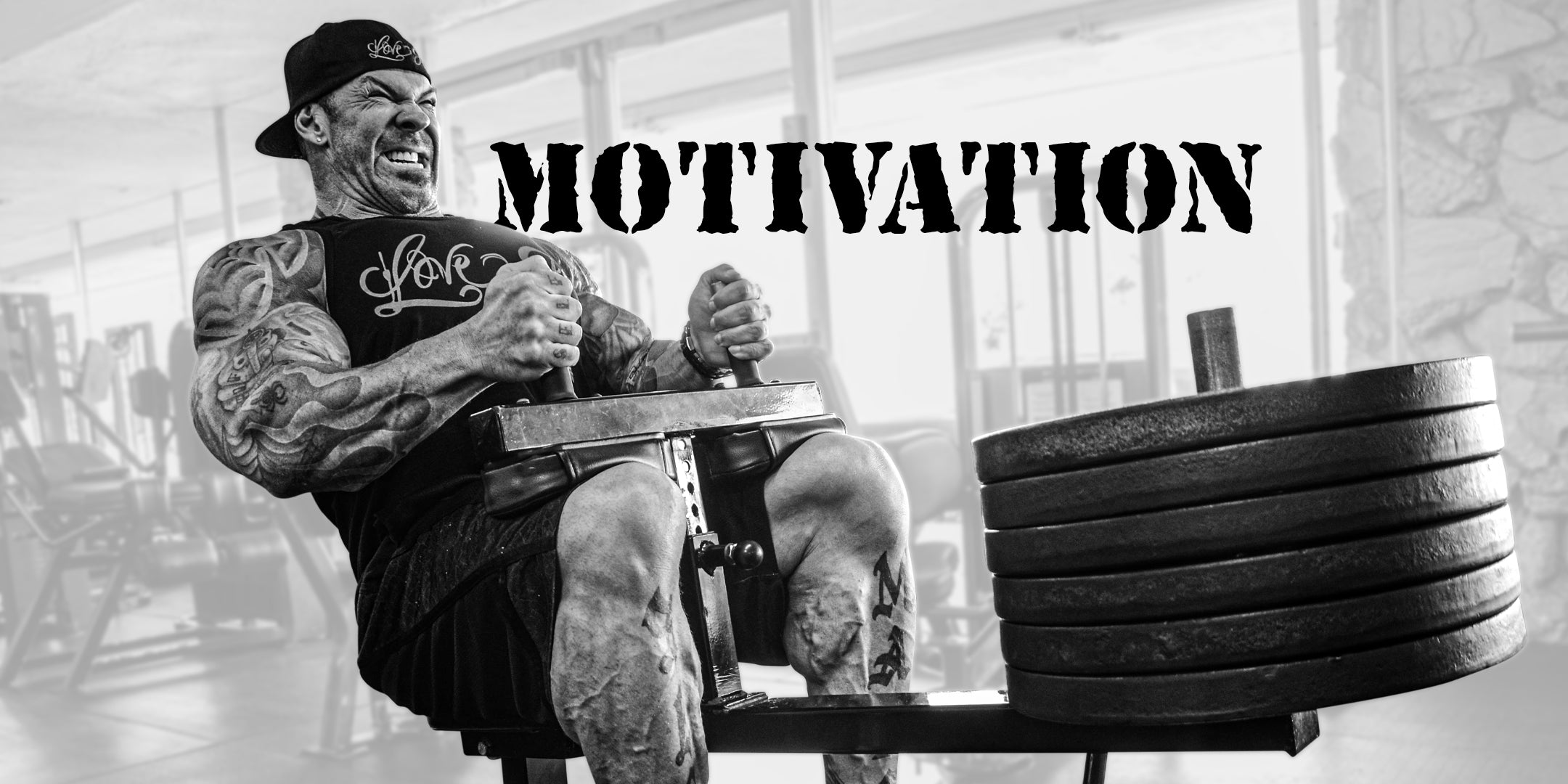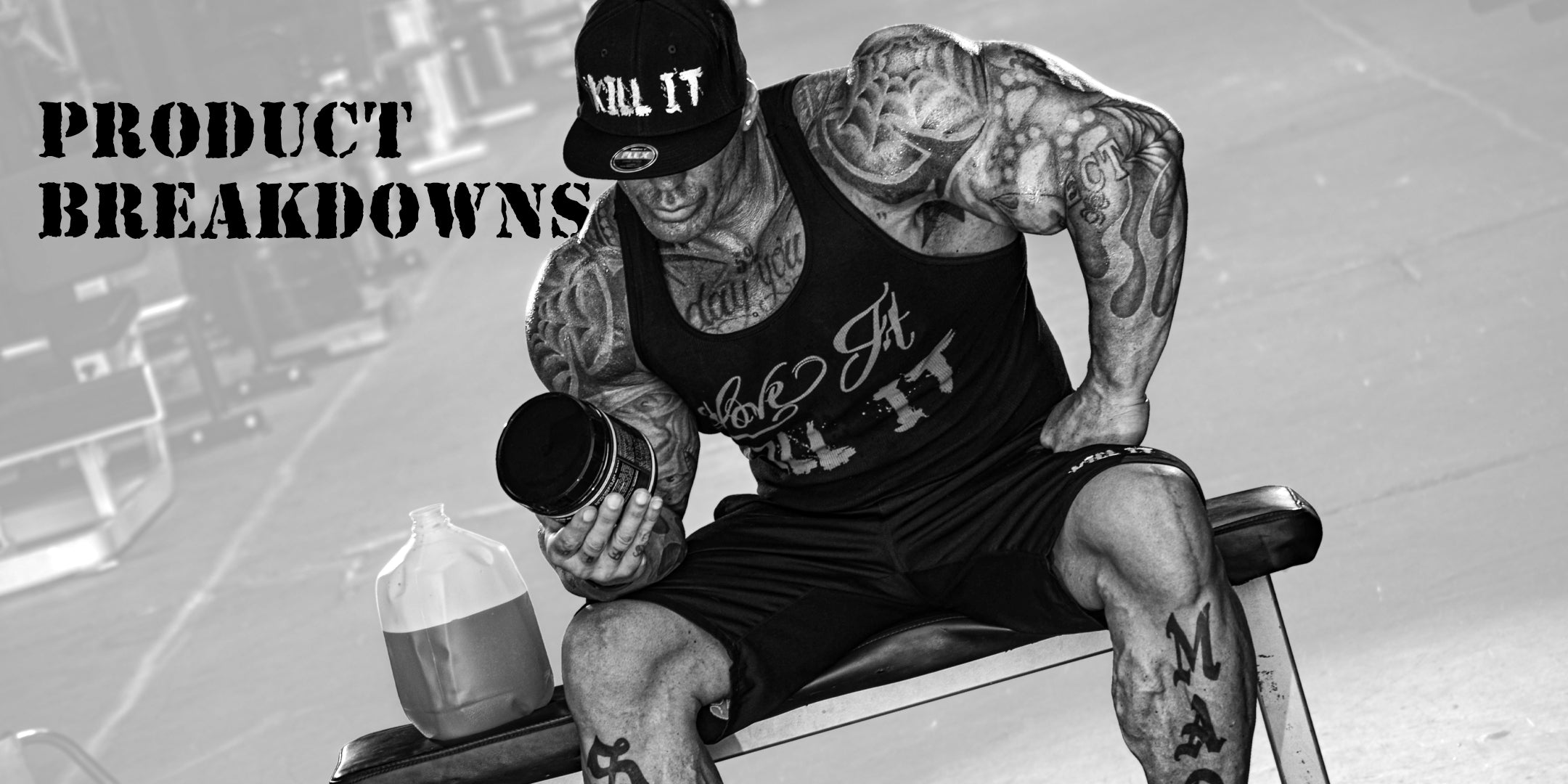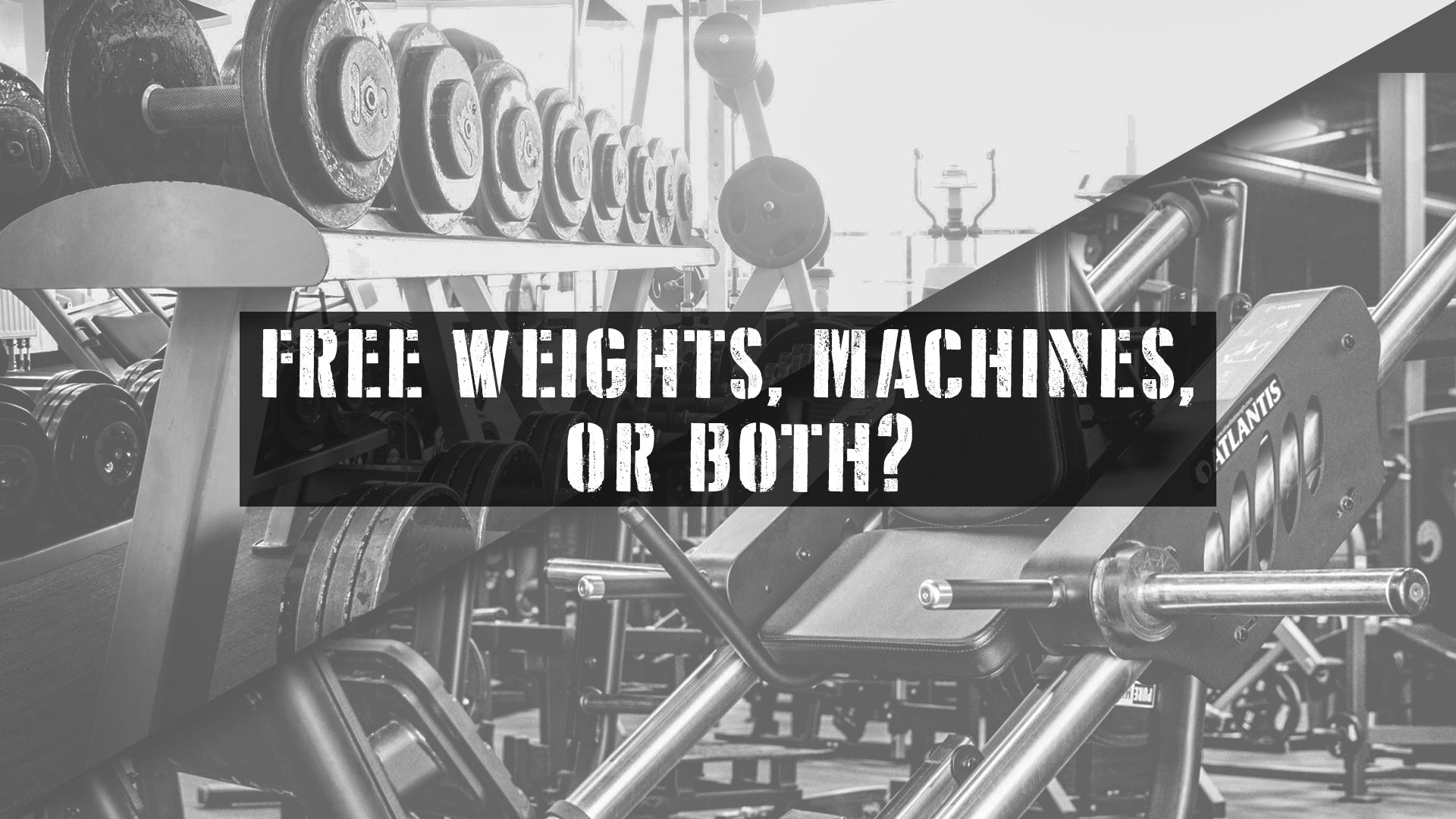Training is inherently catabolic. The reason is the physical stress of working out signals cortisol release. Since cortisol is a catabolic hormone, you need to take steps to offset its negative effects as much as possible. In this 2-Part Series - What’s Cortisol And How Does It Affect Your Workouts - we will look at what cortisol is, what it does, and how to control it. Let’s get started with Part 1!
What is Cortisol?
Cortisol is a glucocorticoid. What’s that, you might ask? Glucocorticoids are steroid hormones naturally produced by the body. They regulate energy homeostasis and are released in response to stress. The adrenal gland secretes glucocorticoids and quickly mobilizes energy from carbohydrate, fat, and protein stores. Now, cortisol is secreted in response to stress of all types, including the physical stress of working out. Normally, cortisol secretion is low from 10 p.m. to 2 a.m. but increases significantly around dawn and peaks around 7 a.m. It tends to stay low during the day unless you experience stressors that cause it to increase.(1,2)
What Does Cortisol Do?
Cortisol is a catabolic hormone. As noted, it is a glucocorticoid that breaks down macronutrients for energy. It does this in response to adrenaline release, helping you stay ready for perceived stress. It also helps maintain blood sugar levels by triggering a process in the liver called gluconeogenesis. The problem is gluconeogenesis may use amino acids to create glucose. It goes without saying that this is not ideal where muscle growth is concerned especially since amino acids are used to stimulate protein synthesis. Studies have suggested cortisol definitely inhibits protein synthesis in the muscles and extended exposure to high levels of cortisol leads to muscle protein breakdown.(2,3)
We should mention that cortisol acts as a counterbalance to insulin in terms of blood sugar. We know insulin is a powerful anabolic hormone produced by the body. Still, insulin has some negative effects, such as lowering blood sugar levels in response to carbohydrate ingestion, especially simple carbs. This leads to excess carbohydrates being stored as fat. On the other hand, cortisol increases levels of blood sugar by releasing glucose from the liver to be used as immediate energy.
Cortisol And Weight Gain
Finally, excess cortisol can contribute to weight gain. That’s because, for many people, higher levels of stress lead to over-eating. If you use that as an excuse to eat the wrong kinds of foods, or even consistently eat more carbohydrates than your body needs, you will gain weight.
Cortisol And Testosterone
Studies suggest that excess cortisol reduces the effects of free testosterone in the bloodstream. Since free testosterone is the amount of available testosterone that can be used for muscle growth, any disruption means muscle growth stimulation is derailed. Taking 5% supplements like those suggested in this Series helps slow cortisol release. This in turn can allow your body to make the most of its free testosterone.(4)
Recap
In Part 1 of What’s Cortisol and How Does It Affect Your Workouts, we’ve defined cortisol and looked at what it does. We’ve also looked at it in terms of specifics, such as cortisol and testosterone, as well as cortisol and weight gain. In Part 2, we’ll look at how to control it and what 5% supplements will help.
References:
- Braun, T. P., & Marks, D. L. (2015). The regulation of muscle mass by endogenous glucocorticoids. Frontiers in physiology, 6, 12. https://doi.org/10.3389/fphys.2015.00012
- https://my.clevelandclinic.org/health/articles/22187-cortisol
- Wise, J. K., Hendler, R., & Felig, P. (1973). Influence of glucocorticoids on glucagon secretion and plasma amino acid concentrations in man. The Journal of Clinical Investigation, 52(11), 2774–2782. https://doi.org/10.1172/JCI107473
- Brownlee, K. K., Moore, A. W., & Hackney, A. C. (2005). Relationship between circulating cortisol and testosterone: influence of physical exercise. Journal of sports science & medicine, 4(1), 76–83.
